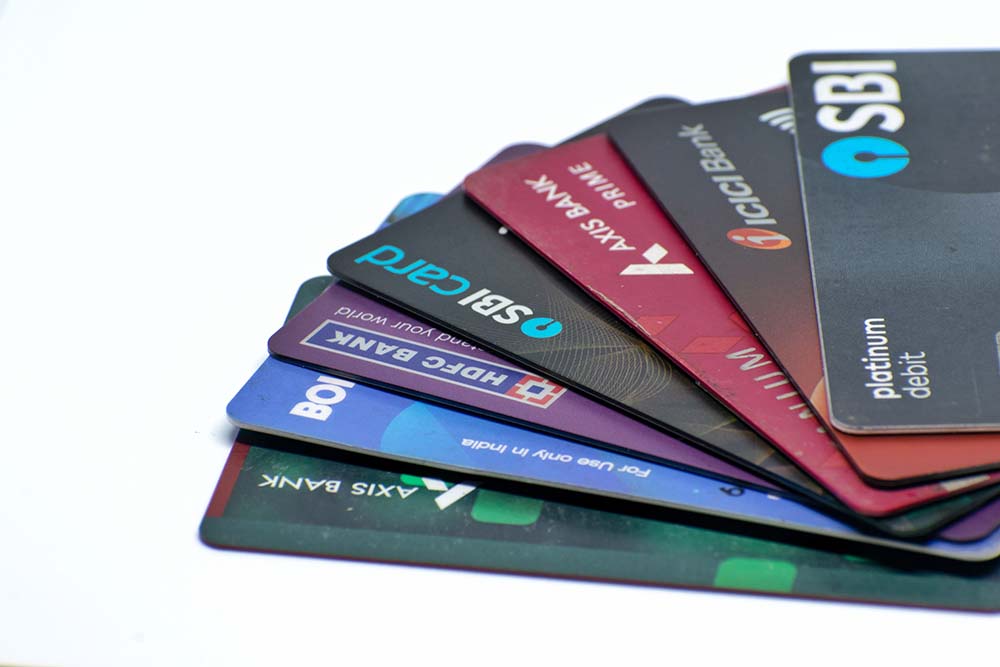Established in 2000, The Credit Information Bureau (India) Limited (CIBIL) provides important credit information to make bank borrowing and lending easier and more transparent, and works closely with banks and lenders in India. They gather and organise information about people and companies based on their credit history, payment behaviour and borrowing patterns, to see if they are reliable borrowers and acts like a report card for your finances.
So, CIBIL is an important part of the loan application process in India.
However, it is just one of the credit bureaus in India. There are others like Equifax, Experian and CRIF High Mark that also provide credit reports and scores. Lenders may use information from multiple bureaus to make a fair decision about your creditworthiness.

What is a CIBIL score?
When you borrow money, like taking a loan, banks and lending institutions want to know if you can be trusted to repay them. They use a special score called the CIBIL score to make this decision. The CIBIL score is a number between 300 and 900. The higher your score, the better your chances of getting a loan with good terms, as they know that you are good at managing your money and paying back what you owe. A low score can make it difficult to borrow money.
A CIBIL score is based on different things, like how you have repaid your past loans, how much credit you use compared to what you have available, how long you have been using credit, the different types of credit you have, and if you have applied for new credit recently. Paying your credit card bills and loan installments on time helps increase your CIBIL score. It's also good to keep your credit card usage low and have a mix of different types of credit.
According to Cost and Management Accountant, Devanshi Bhatt, “Having a good score means you can get loans approved faster, but if your score is low, lenders may ask for more proof and sometimes even reject your loan application. People with good credit scores also have the advantage of negotiating lower interest rates and better loan terms.”
CIBIL Score Range in India
Excellent CIBIL Score: 750-900.
Good CIBIL Score: 650-750
Average CIBIL Score: 550-650
Poor CIBIL Score: 300-500

According to Devanshi, here’s how you can keep your CIBIL score in good shape:
• Pay your EMIs and credit card bills on time to build a positive payment history.
• Cancel unused credit cards and keep only the ones you actively use to maintain a balanced credit profile.
• Use one credit card or set reminders for bill payments and loan EMIs to ensure timely repayments.
• Whenever possible, pay off your outstanding bills completely to avoid accumulating extra interest.
• If you've faced rejections, refrain from applying for new credit cards or loans in quick succession, as each application can negatively impact your credit score.
• Applying for multiple loans simultaneously can raise concerns among lenders, so space out your loan applications.
• Select loan repayment tenures wisely, considering the interest costs.
• Regularly check your credit report and keep an eye on your credit score. If needed, take steps to improve your CIBIL score and rectify any inaccuracies or errors promptly.

How is the CIBIL score calculated?
The CIBIL score is calculated based on the following factors:
Credit History (30 per cent weightage): Banks and financial institutions provide personal and credit information to credit bureaus, which compile it into a credit report and determine the credit score. The credit report includes a record of your bill and EMI payments over the past three years, indicating any defaults or delays in payment. Credit history carries a 30 per cent weightage in the CIBIL score calculation.
Credit Utilisation (25 per cent weightage): The credit utilisation ratio shows the amount of credit you have used compared to your credit limit. Maintaining a manageable ratio is important to avoid an elevated credit utilisation that can lead to a lower credit score.
Credit Mix and Duration (25 per cent weightage): The composition of your credit portfolio, including secured and unsecured loans with different tenors, affects your CIBIL score. Having more secured loans generally improves your score, while a higher proportion of unsecured loans may have a negative impact.
Other Factors (20 per cent weightage): Other factors, such as the number of past credit applications and related considerations, contribute to the remaining 20 per cent of your credit score. Making a high number of credit applications can negatively affect your score.